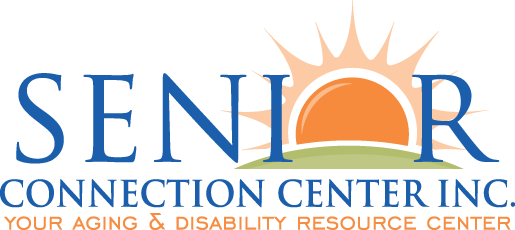“All the lonely people, where do they all come from? All the lonely people, where do they all belong?”
These words, written over 50 years ago by Sir Paul McCartney when he composed the Beatles song Eleanor Rigby, make me think about what it means to be lonely and how we might help people get better connected to resources and the support they need as a way to combat this epidemic. The New York Times (September 5, 2016), in an article entitled “Researchers confront an Epidemic of Loneliness,” noted that loneliness now surpasses obesity as a marker of early death. That same article notes that, both in the United Kingdom and in the United States, about one in three people older than 65 live alone. The prevalence of loneliness in adults older than 60 ranges from 10 to 46 percent in both countries. While it’s not true for everyone, living alone can lead to loneliness and social isolation, both of which are bad for your health. According to a study published in Perspectives on Psychological Science, the health effects of prolonged isolation are equivalent to smoking 15 cigarettes a day.
Fortunately, however, there are solutions that help improve feelings of loneliness, such as companionship and connection with others. Humana, through its Bold Goal to improve the health of the communities we serve 20 percent by the year 2020 and beyond, has been facilitating the work of the Tampa Bay Bold Goal Health Collaborative. We know that there has to be a better way to combat the scourge of loneliness. To that end, we are proud to promote a Tampa-based pilot with Papa. Papa is a service that connects seniors with college students who help with non-medical and assisted living needs. Within this pilot, which launched in October 2018, a “Papa Pal” (college student) is matched with a Humana Medicare Advantage member to provide companionship, basic house help, technology education and general assistance. To date, we have enrolled 150 Humana members in this program.
This pilot is part of Humana’s Bold Goal, Office of Population Health strategy to address social determinants of health in our membership and in the communities we serve, specifically, loneliness and social isolation. Humana wants to understand if a program like Papa will be used by our members and if engaging them in these services reduces loneliness and Unhealthy Days – the U.S. Centers for Disease Control and Prevention (CDC) assessment tool that is being used to track the progress of the Bold Goal.
At Humana, we know that if we truly want to impact the health of our Medicare Advantage members, we must look at the whole person and outside of the clinical setting. If our work with Papa is successful, Humana hopes to expand the program into a larger outcomes-based pilot.
So, to Sir Paul’s question about all those lonely people, we think we know where they belong: they belong in the Papa program, or in similar programs, where the community can help address social isolation and loneliness at a local level.
Albert Tzeel, MD, MHSA
This article was sponsored by Humana.

